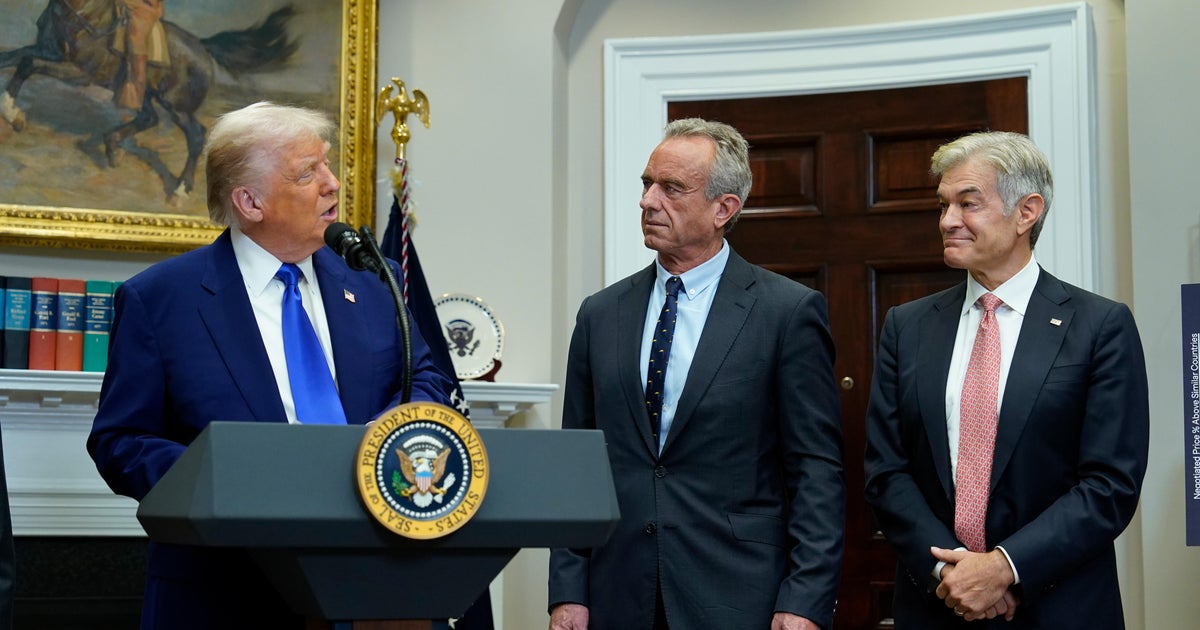Centene Shocks Market with Unexpected Loss: What's Behind the Government Plan Revenue Dip?

Health insurance giant Centene (CNC) sent shockwaves through the market on Friday, reporting a surprise quarterly loss after previously optimistic projections. The unexpected downturn, which caused a near 3% drop in premarket trading, is largely attributed to a concerning slump in revenue from government-backed healthcare plans. This news has investors questioning the stability of Centene's core business and the broader implications for the managed care industry.
A Deep Dive into the Numbers
Centene's quarterly results revealed a significant deviation from analyst expectations. While the company had previously demonstrated consistent growth, this quarter's loss highlights a vulnerability within its government-sponsored healthcare segment. The precise figures haven't been fully released yet, but the company's official statement points towards reduced membership and lower reimbursement rates within these plans as primary drivers of the revenue shortfall.
The Government Plan Factor: Why the Decline?
Centene derives a substantial portion of its revenue from administering Medicaid and Medicare Advantage plans – programs funded by the government and serving vulnerable populations. Several factors could be contributing to the revenue dip. Changes in state policies regarding Medicaid eligibility, shifts in enrollment patterns due to economic conditions, and potential adjustments in government reimbursement rates are all possibilities. The company acknowledged these factors in its statement, but provided limited details on the specific impact of each.
Impact on Investors and the Broader Market
The news has understandably rattled investors. Centene's stock price decline reflects concerns about the company's future profitability and its ability to navigate the complexities of the government healthcare landscape. Analysts are now reassessing their forecasts for Centene and the broader managed care sector. The situation underscores the inherent risks associated with relying heavily on government programs, which are subject to political and regulatory changes.
Looking Ahead: Centene's Response and Future Outlook
Centene's management team is expected to address the situation further during an upcoming earnings call. Investors will be keen to hear their strategy for mitigating the revenue decline and restoring growth. Potential measures could include streamlining operations, renegotiating contracts with government agencies, and diversifying revenue streams. The company’s ability to adapt to the changing environment will be crucial in determining its long-term success.
Key Takeaways for Australian Investors
While Centene is a US-based company, its performance can offer valuable insights for Australian investors interested in the global healthcare sector. The challenges faced by Centene regarding government-backed healthcare plans resonate with similar debates and policy shifts happening in Australia regarding Medicare and other publicly funded healthcare initiatives. This highlights the importance of understanding the regulatory environment and potential risks associated with healthcare investments, regardless of their geographic location.
The situation remains fluid, and further developments are expected in the coming days and weeks. Investors should closely monitor Centene's announcements and analyst commentary to gain a clearer understanding of the company's prospects and the broader implications for the healthcare industry.





